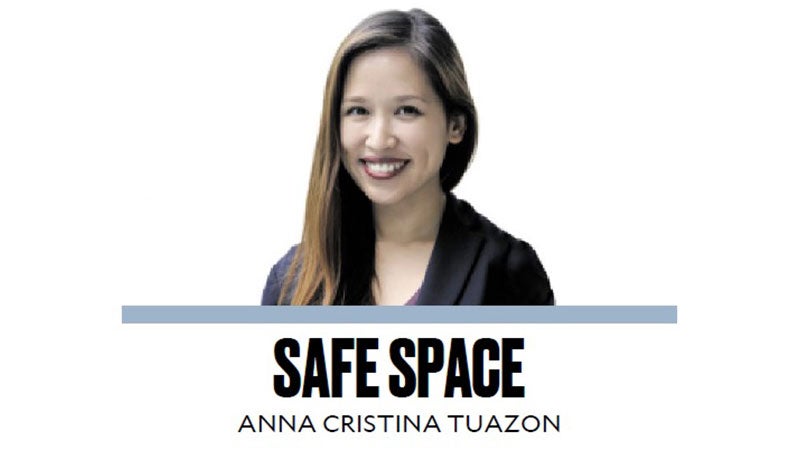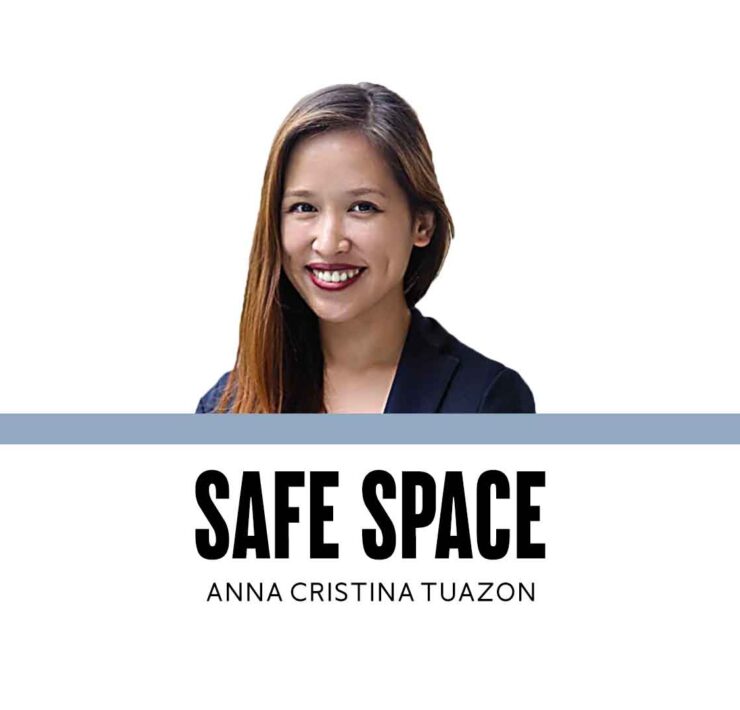Protecting psychometricians via supervision

The national conference for psychologists and psychometricians last week ended in a contentious manner, to put it mildly. For the last few years, there have been attempts to revise Republic Act No. 10029 or the Philippine Psychology Act of 2009. One of the biggest proposed revisions was the expansion of the scope of practice for psychometricians to include risk assessment, behavioral screening, and intake, to increase the number of available mental health professionals in the country. As of July 2025, there were 38,850 registered psychometricians, as opposed to only 2,413 registered psychologists (though the number is expected to rise with the recently concluded licensure exams). Accompanying this expanded scope of service is also the removal of the requirement for a supervising psychologist, meaning that psychometricians would be able to practice independently. Keep in mind that a psychometrician is someone who holds a bachelor’s degree in psychology or its equivalent. The justification, the proponents argue, is that the requirement of supervision severely limits the ability of companies and government agencies to hire psychometricians, since psychologists are both few and relatively expensive.
During the conference, practitioners aired their concerns about the implications of such revisions, particularly on the quality of care that can be provided by people with such limited training. Clinicians also questioned the wisdom of removing supervisory oversight, especially in the case of risk assessment, where psychometricians are not equipped to handle high-risk cases. The proponents of the revisions remained stubborn, as they have been for the last three years, regarding these points and accused clinicians of gatekeeping the profession, insisting that it is possible to separate clinical from nonclinical populations, such that psychometricians will only serve nonclinical populations.
It is important that we understand the study and practice of psychology. Psychology, as it is currently taught at the bachelor’s level, is a scholarly discipline. It falls under the realm of social sciences, similar to sociology, political science, and history. Except for some colleges, it is not a professional degree per se, where technique and skill sets are emphasized, but instead is meant to be an academic endeavor, a study of higher learning from which original research or knowledge is generated.
When licensure was instituted, curricula adjusted to include more applied subjects, assessment, and practicum. Psychology, therefore, holds a duality of both academic and practice identities. As such, there are academic psychologists (teachers and researchers), and there are practicing psychologists (in applied settings such as industrial and clinical). Some psychologists are both, like me. One of the revisions the proponents got right was to clarify this distinction, such as to allow academic psychologists to continue their pursuits without much interference from regulations that focus mostly on practice concerns.
The disconnect, however, that we are concerned with, lies in that the undergraduate psychology curriculum, which mostly focuses on theory, is being used as a basis for a professional license. The expanded scope of services for psychometricians goes above and beyond what they are currently being trained to do. In a rush to increase manpower for mental health services, we are launching our undergraduates prematurely to the front lines of the mental health crisis without adequate guidance or support.
Clinical vs. nonclinical population is a false dichotomy. Name me a purely nonclinical population; I’ll wait. Talk to any practitioner in schools and workplaces, and they’ll tell you they are seeing significant clinical and crisis cases. Talk to anyone working within communities, and they’ll alert you to the increased need for specialized services. I’ve talked to students who are working as psychometricians in government agencies, health centers, and employment assistance programs, and they tell me stories of being overwhelmed with the intense and high-risk cases they face alone. They also tell me that they tend to be the only mental health hires, due to budget constraints.
I dare say that psychometricians are one of the most exploited professional sectors in mental health and that the proposed revisions will render them even more vulnerable to predatory employment practices. They are forced to conform and take the board exam, pay for review classes, pay for membership to professional organizations, and pay for continuing education to keep these licenses. These licenses only offer low-paying jobs with practically no supervisory support, meaning that they are inundated with inhuman caseloads on their own, leading to burnout and low quality of client care.
We are not gatekeeping by insisting on supervision. We are protecting the well-being of psychometricians by ensuring that they have the support they need to tackle the hard work that is mental health.
—————–
aatuazon@up.edu.ph


















